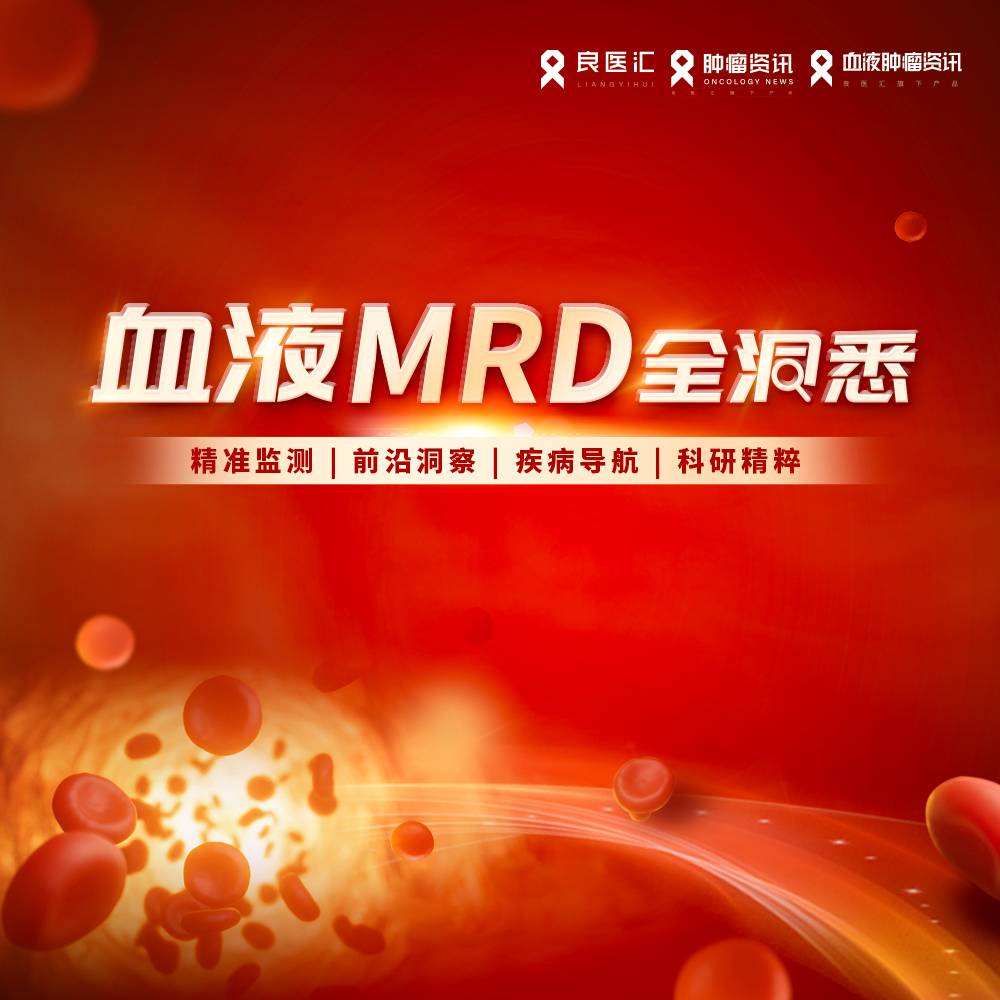

中位无进展生存:11.9个月比5.7个月(95%置信区间:9.1~13.6、3.9~7.5)
进展或死亡风险:显著减少39%(分层风险比:0.61,95%置信区间:0.43~0.86,P=0.0040)
≥3级中性粒细胞减少:35例比39例(41.7%比44.3%)
4级严重中性粒细胞减少:1例比1例(1.1%比1.2%)
≥3级淋巴细胞减少:3例比4例(3.6%比4.5%)
3级严重疲劳:0例比1例(0比1.2%)

中性粒细胞减少:715例(70.3%)
淋巴细胞减少:66例(6.5%)
血小板减少:20例(2.0%)
治疗相关严重不良事件:31例(3.1%)
治疗相关肺栓塞致死亡:1例(0.4%)

Lancet Oncol. 2022 Sep 29. IF: 54.433
Switch to fulvestrant and palbociclib versus no switch in advanced breast cancer with rising ESR1 mutation during aromatase inhibitor and palbociclib therapy (PADA-1): a randomised, open-label, multicentre, phase 3 trial.
Francois-Clément Bidard, Anne-Claire Hardy-Bessard, Florence Dalenc, Thomas Bachelot, Jean-Yves Pierga, Thibault de la Motte Rouge, Renaud Sabatier, Coraline Dubot, Jean-Sébastien Frenel, Jean Marc Ferrero, Sylvain Ladoire, Christelle Levy, Marie-Ange Mouret-Reynier, Alain Lortholary, Julien Grenier, Camille Chakiba, Laetitia Stefani, Jérome Edouard Plaza, Florian Clatot, Luis Teixeira, Véronique D'Hondt, Hélène Vegas, Olfa Derbel, Claire Garnier-Tixidre, Jean-Luc Canon, Barbara Pistilli, Fabrice André, Laurent Arnould, Anne Pradines, Ivan Bièche, Céline Callens, Jérome Lemonnier, Frédérique Berger, Suzette Delaloge; PADA-1 investigators.
Institut Curie, Université Versailles Saint-Quentin, Université Paris-Saclay, Saint-Cloud, France; Institut Curie, Paris, France; Institut Curie and Université de Paris, Paris, France; Institut Curie, PSL University, Saint-Cloud, Paris, France; Centre Armoricaind'Oncologie, Plérin, France; Institut Claudius-Regaud, Institut Universitaire du Cancer de Toulouse-Oncopole, Toulouse, France; Centre Léon Bérard, Lyon, France; Centre Eugène Marquis, Rennes, France; Institut Paoli Calmettes, Aix-Marseille Université, Marseille, France; Institut de Cancérologie de l'Ouest, Nantes, France; Centre Antoine Lacassagne, Nice, France; Centre Georges Francois Leclerc, Dijon, France; Centre Francois Baclesse, Caen, France; Centre Jean Perrin, Clermont Ferrand, France; Hopital Privé du Confluent, Nantes, France; Institut Sainte Catherine, Avignon, France; Institut Bergonié, Bordeaux, France; Centre Hospitalier Annecy Genvoi, Pringy-Metz-Tessy, France; UNEOS Site Hopital Robert Schuman, Vantoux, France; Centre Henri Becquerel, Rouen, France; Hopital Saint Louis, Paris, France; Institut du Cancer de Montpellier Val d'Aurelle, Montpellier, France; Centre Hospitalier de Tours, Hopital Bretonneau, Tours, France; Hopital Privé Jean Mermoz, Lyon, France; Institut Daniel Hollard, G H Mutualiste de Grenoble, Grenoble, France; Grand Hopital de Charleroi, Charleroi, Belgique; Gustave Roussy, Villejuif, France; Cancer Research Center of Toulouse, Toulouse, France; Claudius Regaud Institute, Toulouse University Cancer Institute, Toulouse, France; UNICANCER, Paris, France.
BACKGROUND: In advanced oestrogen receptor-positive, HER2-negative breast cancer, acquired resistance to aromatase inhibitors frequently stems from ESR1-mutated subclones, which might be sensitive to fulvestrant. The PADA-1 trial aimed to show the efficacy of an early change in therapy on the basis of a rising ESR1 mutation in blood (bESR1mut), while assessing the global safety of combination fulvestrant and palbociclib.
METHODS: We did a randomised, open-label, phase 3 trial in 83 hospitals in France. Women aged at least 18 years with oestrogen receptor-positive, HER2-negative advanced breast cancer and an Eastern Cooperative Oncology Group performance status of 0-2 were recruited and monitored for rising bESR1mut during first-line aromatase inhibitor (2.5 mg letrozole, 1 mg anastrozole, or 25 mg exemestane, orally once per day, taken continuously) and palbociclib (125 mg orally once per day on days 1-21 of a 28-day cycle) therapy. Patients with newly present or increased bESR1mut in circulating tumour DNA and no synchronous disease progression were randomly assigned (1:1) to continue with the same therapy or to switch to fulvestrant (500 mg intramuscularly on day 1 of each 28-day cycle and on day 15 of cycle 1) and palbociclib (dosing unchanged). The randomisation sequence was generated within an interactive web response system using a minimisation method (with an 80% random factor); patients were stratified according to visceral involvement (present or absent) and the time from inclusion to bESR1mut detection (<12 months or ≥12 months). The co-primary endpoints were investigator-assessed progression-free survival from random assignment, analysed in the intention-to-treat population (ie, all randomly assigned patients), and grade 3 or worse haematological adverse events in all patients. The trial is registered with Clinicaltrials.gov (NCT03079011), and is now complete.
FINDINGS: From March 22, 2017, to Jan 31, 2019, 1017 patients were included, of whom 279 (27%) developed a rising bESR1mut and 172 (17%) were randomly assigned to treatment: 88 to switching to fulvestrant and palbociclib and 84 patients to continuing aromatase inhibitor and palbociclib. At database lock on July 31, 2021, randomly assigned patients had a median follow-up of 35.3 months (IQR 29.2-41.4) from inclusion and 26.0 months (13.8-34.3) from random assignment. Median progression-free survival from random assignment was 11.9 months (95% CI 9.1-13.6) in the fulvestrant and palbociclib group versus 5.7 months (3.9-7.5) in the aromatase inhibitor and palbociclib group (stratified HR 0.61, 0.43-0.86; p=0.0040). The most frequent grade 3 or worse haematological adverse events were neutropenia (715 [70.3%] of 1017 patients), lymphopenia (66 [6.5%]), and thrombocytopenia (20 [2.0%]). The most common grade 3 or worse adverse events in step 2 were neutropenia (35 [41.7%] of 84 patients in the aromatase inhibitor and palbociclib group vs 39 [44.3%] of 88 patients in the fulvestrant and palbociclib group) and lymphopenia (three [3.6%] vs four [4.5%]). 31 (3.1%) patients had grade 3 or worse serious adverse events related to treatment in the overall population. Three (1.7%) of 172 patients randomly assigned had one serious adverse event in step 2: one (1.2%) grade 4 neutropenia and one (1.2%) grade 3 fatigue among 84 patients in the aromatase inhibitor and palbociclib group, and one (1.1%) grade 4 neutropenia among 88 patients in the fulvestrant and palbociclib group. One death by pulmonary embolism in step 1 was declared as being treatment related.
INTERPRETATION: PADA-1 is the first prospective randomised trial showing that the early therapeutic targeting of bESR1mut results in significant clinical benefit. Additionally, the original design explored in PADA-1 might help with tackling acquired resistance with new drugs in future trials.
FUNDING: Pfizer.
DOI: 10.1016/S1470-2045(22)00555-1























 苏公网安备32059002004080号
苏公网安备32059002004080号


